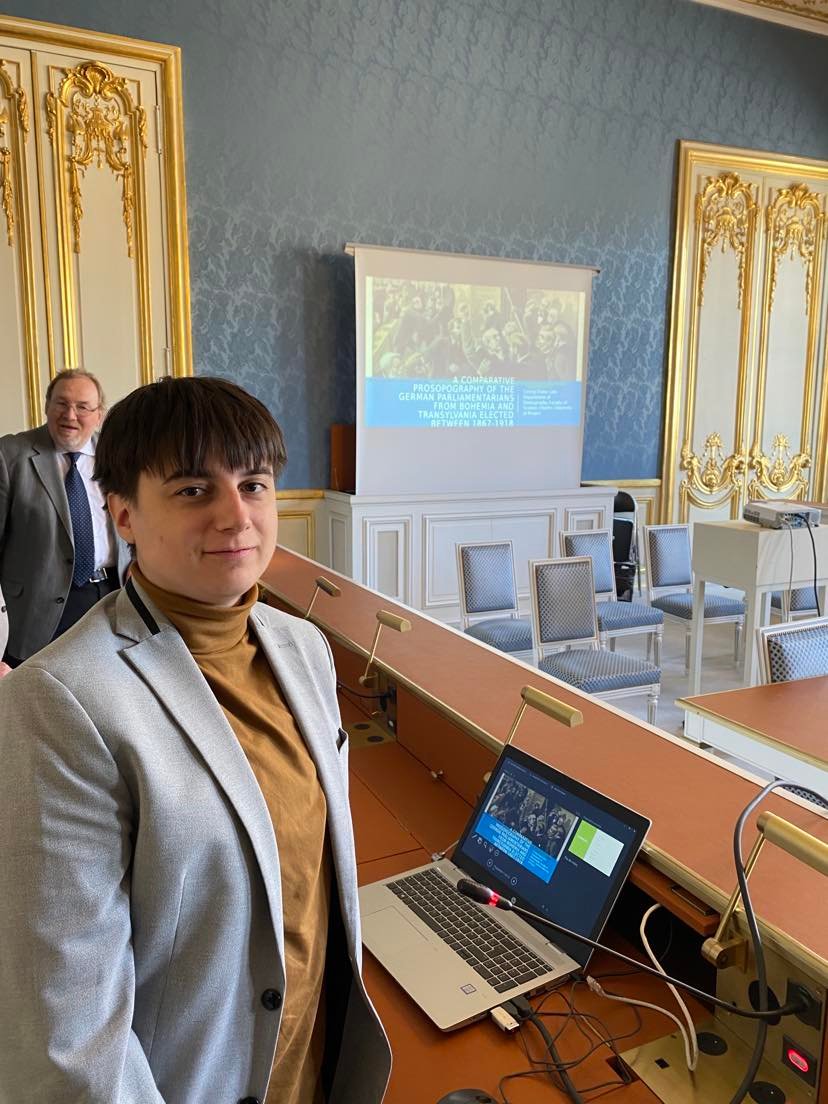The 74th conference of the International Commission for the History of Representative and Parliamentary Institutions (ICHRPI) took place between 21–23 September in Paris. Organized by the French Section of the ICHRPI on behalf of the Comité d’histoire parlementaire et politique (CHPP) and the University of Orléans, it had as scientific coordinators Jean Garrigues (Chairman of the CHPP), Pierre Allorant (Secretary General of the CHPP) and Walter Badier (Secretary General of the CHPP).

The main conference theme was parliaments and parliamentary institutions facing political crisis from the Middle Ages to the twenty-first century. Some subtopics were revolving around the idea of parliamentary institutions facing other powers, parliamentary institutions facing the people, parliamentary institutions facing moments of revolution, and parliamentary institutions during war. You can check out the conference’s program for more information about the topics brought into discussion here.
Two of our team members have taken part in the discussions of the panel Parlements d'Europe centrale au XIXe siècle [Parliaments of Central Europe in the 19th century]. Ovidiu Emil Iudean presented a paper, which was a cooperation with Andrei Florin Sora, entitled What are in-laws for? Kinship networks and the electoral process in Transylvania during the late 19th and early 20th centuries. Building on extensive unpublished correspondence, the paper delved into how kinship networks established by marriage worked to ensure electoral success in Transylvania during Dualism, by focusing on a member of the Hungarian Parliament, representing one of the main ethnic minorities in the former province: the Romanians.

Georgi Diana Lutz presented A comparative prosopography of the German parliamentarians from Transylvania and Bohemia elected between 1867–1938. The paper offered a comparative overview of the Bohemian and Transylvanian deputies of German descent elected to the parliaments of Vienna and Budapest from a statistical, generational, and collective point of view. Some of the compared aspects were the changes in the number of the deputies and the mandates, the age of the deputies in their first mandate, the average number of mandates per deputy, the most represented parties in Bohemia and Transylvania, the socio-professional categories the deputies were part of, as well as the average age at death per generation.



